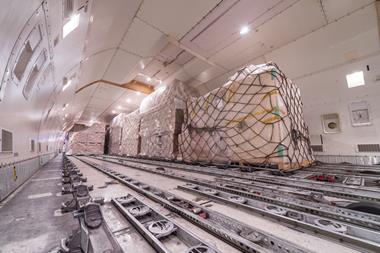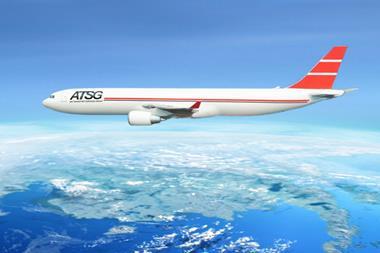IT MAY not be long before jet-fuel comes from desert shrubs.
Boeing and research partners, including Etihad Airways, have made what seems to be a remarkable breakthrough in sustainable aviation biofuel development by discovering that desert plants – fed by seawater – produce biofuel more efficiently than others.
Since 97 per cent of the earth’s water is ocean and 20 per cent of the earth’s land is desert, the discovery will have a significant global impact on the air cargo industry’s ecological credentials.
Biofuel emits up to 80 per cent less carbon through its lifecycle compared to fossil fuel. Biofuels also offer the prospect of increased market competition and oil price moderation. Alternative energy sources will help combat oil price spikes and reduce airline dependency on fossil fuels.
It seems that plants – called halophytes – have seeds, which contain oil which is eminently suitable for biofuel production.
The UAE has become a leader in researching desert land and seawater to grow sustainable biofuel feedstocks.
Not surprisingly, Etihad is pleased with the results of the saltwater research, especially from a renewable plant source close to its home environment.
The Sustainable Bioenergy Research Consortium (SBRC), of the Masdar Institute of Science and Technology in Abu Dhabi, aims to test these findings in a project that could support biofuel crop product-ion from the desert sands of arid countries like the UAE.
In the coming year, SBRC scientists will create a test ecosystem by planting two crops of halophytes in Abu Dhabi’s sandy soil. Waste seawater from a fish and shrimp farm will nourish halophytes that clean the water as they grow. The water will then flow into a field of mangroves before returning to the ocean.
This month, Etihad Airways conducted a demonstration flight with a B777-300ER aircraft powered in part by bio-fuel refined in the UAE. And I note that, in order to reduce dependence on petroleum and coal, the International Energy Agency has set a goal for bio-fuels to meet more than a quarter of world demand for transportation fuels by 2050.
Reducing air cargo’s carbon footprint will soon be big business. What now seems like a mirage will eventually be a commercial game changer.










